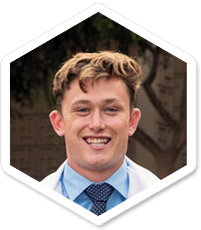Doctors often try to avoid surgery for kids with osteochondritis dissecans (OCD) of the knee, but it is hard to predict which lesions will heal with rest and bracing and which will require surgery.
This study used machine learning on data from the large ROCK group to test whether computers could predict which lesions would heal without surgery.
The study looked at 64 young patients who were treated without surgery. About 38 percent healed successfully, while the rest eventually needed an operation.
Key findings:
- Lesion size matters: Wider lesions were more likely to fail nonoperative treatment.
- Location matters: Lesions at the far inside or outside of the knee, or toward the back of the joint, were more likely to heal without surgery.
- Machine learning works: Computer models like support vector machines predicted healing with about 84 percent accuracy, much better than older methods.
Takeaway: By combining clinical details and advanced computer models, doctors may soon be able to tell families more confidently whether rest and bracing will work or if surgery is likely to be needed.
